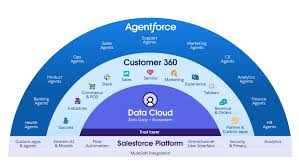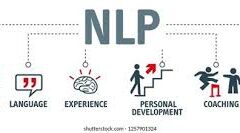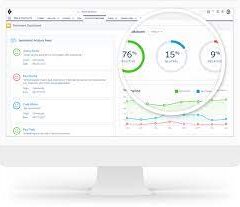Salesforce is building momentum with Data Cloud, the heartbeat of its platform and foundation for Agentforce, fueled by strong business demand for unified data to deliver personalized, contextually relevant, and timely customer experiences across its Customer 360 applications, Flow, analytics, and Agentforce—Salesforce’s groundbreaking suite of autonomous AI agents.
This week, Salesforce unveiled a major pivot in its AI strategy during its annual Dreamforce conference. The company is introducing AI tools that can handle tasks without human supervision, alongside a new pricing model. Customers will now pay US per conversation held by Salesforce’s new AI “agents,” which are designed to manage tasks such as customer service and scheduling sales meetings autonomously. This shift in strategy reflects Salesforce’s forward-thinking approach to AI and its potential to transform not only technology but also business models. By focusing on AI agents, Salesforce is responding to a market demand for increased workforce capacity without the need for full-time hires or gig workers—a point emphasized by CEO Marc Benioff during his keynote speech.
Building on its predictive Einstein platform, Agentforce represents Salesforce’s next step in AI evolution. “Think of it as the next evolution of our AI wave,” said Muralidhar Krishnaprasad, Salesforce’s president and CTO. “We had AI wave one with Einstein’s predictive capabilities, AI wave two with generative AI copilots, and now we’re entering the age of agents.”
Agentforce is designed to augment work by handling tasks across platforms, leveraging Salesforce’s Data Cloud to channel structured and unstructured data into agentic experiences. These agents, powered by the Atlas reasoning engine, use dynamic plans and Retrieval-Augmented Generation (RAG) techniques to address real-time customer questions and deliver actionable insights. Salesforce’s AI agents can operate autonomously, supporting businesses by handling a range of customer interactions and tasks with minimal human intervention.
Adding to the AI-driven innovations, Salesforce introduced several new Data Cloud advancements that further enhance an organization’s ability to transform customer experiences using data and AI. These include:
- Support for unstructured audio and video content: Salesforce is unlocking deeper customer insights by processing audio and video data—such as calls and webinars—helping businesses analyze this content to improve customer profiles and enhance the accuracy of Agentforce.
- Expanded connectivity ecosystem: New pre-built Data Cloud connectors for platforms like Square, Stripe, and Splunk further extend Salesforce’s data integration capabilities, allowing organizations to unify data from various sources to power agentic experiences.
- Sub-second real-time layer: Companies can now act on real-time data across Salesforce, enabling faster decision-making through Einstein Personalization, AI recommendations, and automated processes.
- Enhanced data governance and security: Policy-based governance, AI tagging, and customer-managed encryption keys ensure data security while leveraging AI. Features like Private Connect for Data Cloud enable organizations to securely integrate and share data across different cloud environments.
Data Cloud continues to drive impressive growth, with a 130% YoY increase in paid customers, processing 2.3 quadrillion records in the second quarter alone. Customers like The Adecco Group, Aston Martin, and Air India rely on Data Cloud to unify their data and deliver personalized, real-time customer experiences. For example, Air India uses Data Cloud to integrate data across its loyalty, reservations, and flight systems, allowing it to manage over 550,000 service cases each month.
As AI reshapes the industry, Salesforce’s pivot to autonomous agents and a conversation-based pricing model shows its commitment to leading the charge in enterprise AI adoption, with Data Cloud as its driving force. Despite some software vendors struggling to capitalize on AI advancements, Salesforce’s new model positions it to thrive in a market where AI’s impact is just beginning to unfold.










